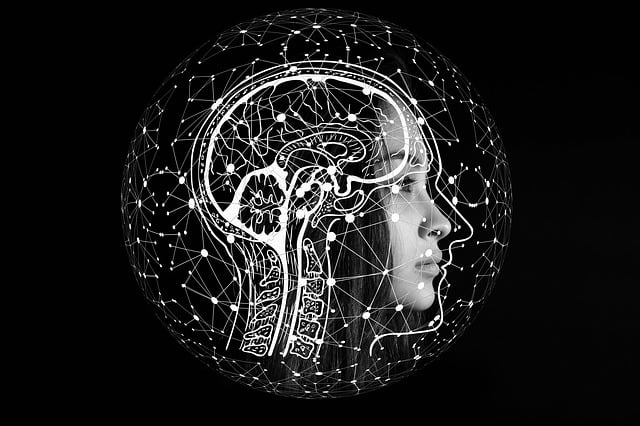Artificial Intelligence (AI) is no longer a futuristic concept but a present-day reality, shaping industries, economies, and societies worldwide. However, as AI technologies continue to advance, so do the ethical questions and considerations surrounding their development and deployment. In this blog post, we delve into the complex landscape of AI ethics, exploring key challenges, guiding principles, and strategies for fostering responsible AI development.
Understanding AI Ethics
AI ethics encompasses a broad spectrum of principles and considerations aimed at ensuring that AI technologies are developed and used in a manner that aligns with ethical values and societal norms. Transparency, accountability, fairness, privacy, and safety are among the core principles that underpin ethical AI development. By upholding these principles, we can build AI systems that are trustworthy, inclusive, and beneficial to society.
Transparency in AI Development
Transparency is essential for fostering trust and understanding in AI systems. It involves providing stakeholders with clear and accessible information about how AI algorithms work, their limitations, and potential biases. Transparency enables users to make informed decisions about AI technologies and holds developers accountable for their design and implementation choices.
Accountability in AI Systems
Accountability is crucial for ensuring that AI developers and users are held responsible for the outcomes of AI systems. Establishing clear lines of responsibility and mechanisms for recourse is essential for addressing instances of AI-related harm or misuse. By promoting accountability, we can mitigate risks and uphold ethical standards in AI development and deployment.
Ethical Considerations in AI Development
Addressing ethical considerations is paramount in AI development to ensure that AI systems are fair, unbiased, and respectful of individual rights and privacy. Biases in AI algorithms, fairness in decision-making processes, and privacy protection are among the key ethical considerations that developers must navigate. By proactively addressing these considerations, we can build AI systems that promote equity, justice, and respect for human dignity.
Strategies for Responsible AI Development
Building responsible AI requires a multi-faceted approach that involves collaboration among stakeholders, the adoption of best practices, and the development of regulatory frameworks. Collaborative governance, stakeholder engagement, and the adoption of ethical AI principles and guidelines are essential strategies for fostering responsible AI development. By implementing these strategies, we can promote the ethical and responsible use of AI technologies while minimizing risks and maximizing societal benefits.
Conclusion
As AI technologies continue to evolve and permeate various aspects of our lives, it is essential to prioritize ethics and responsibility in their development and deployment. By embracing transparency, accountability, fairness, and collaboration, we can navigate the ethical landscape of AI and ensure that these powerful technologies serve the common good. As we embark on this journey towards responsible AI development, let us remain vigilant, proactive, and committed to upholding ethical standards and promoting human well-being in the age of AI.






